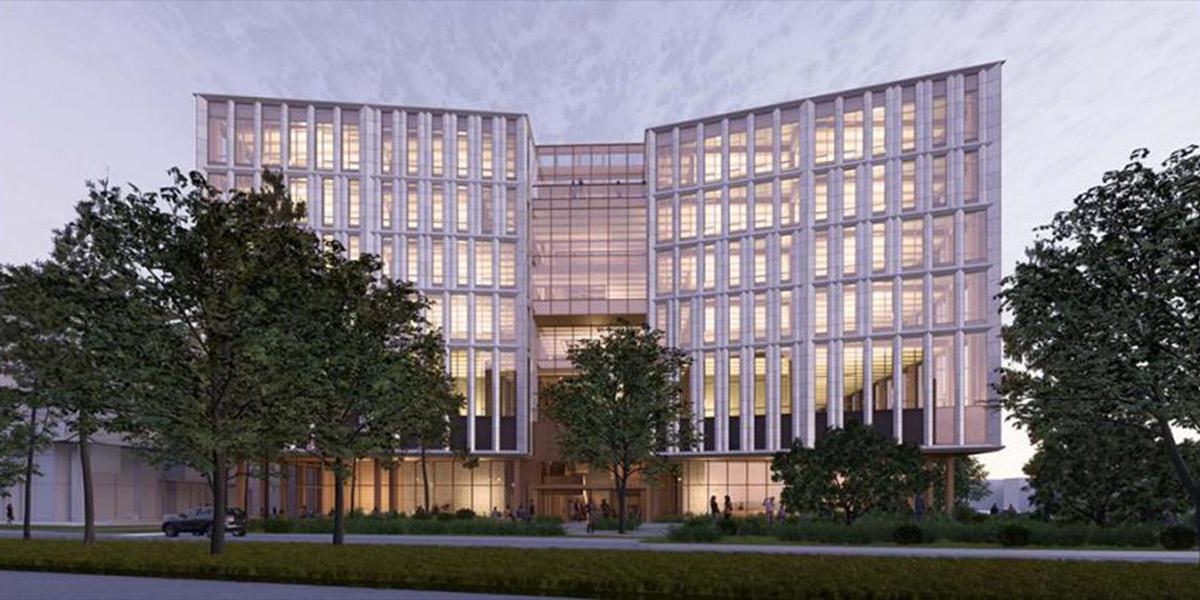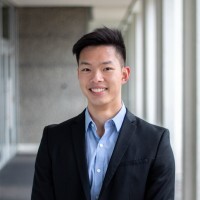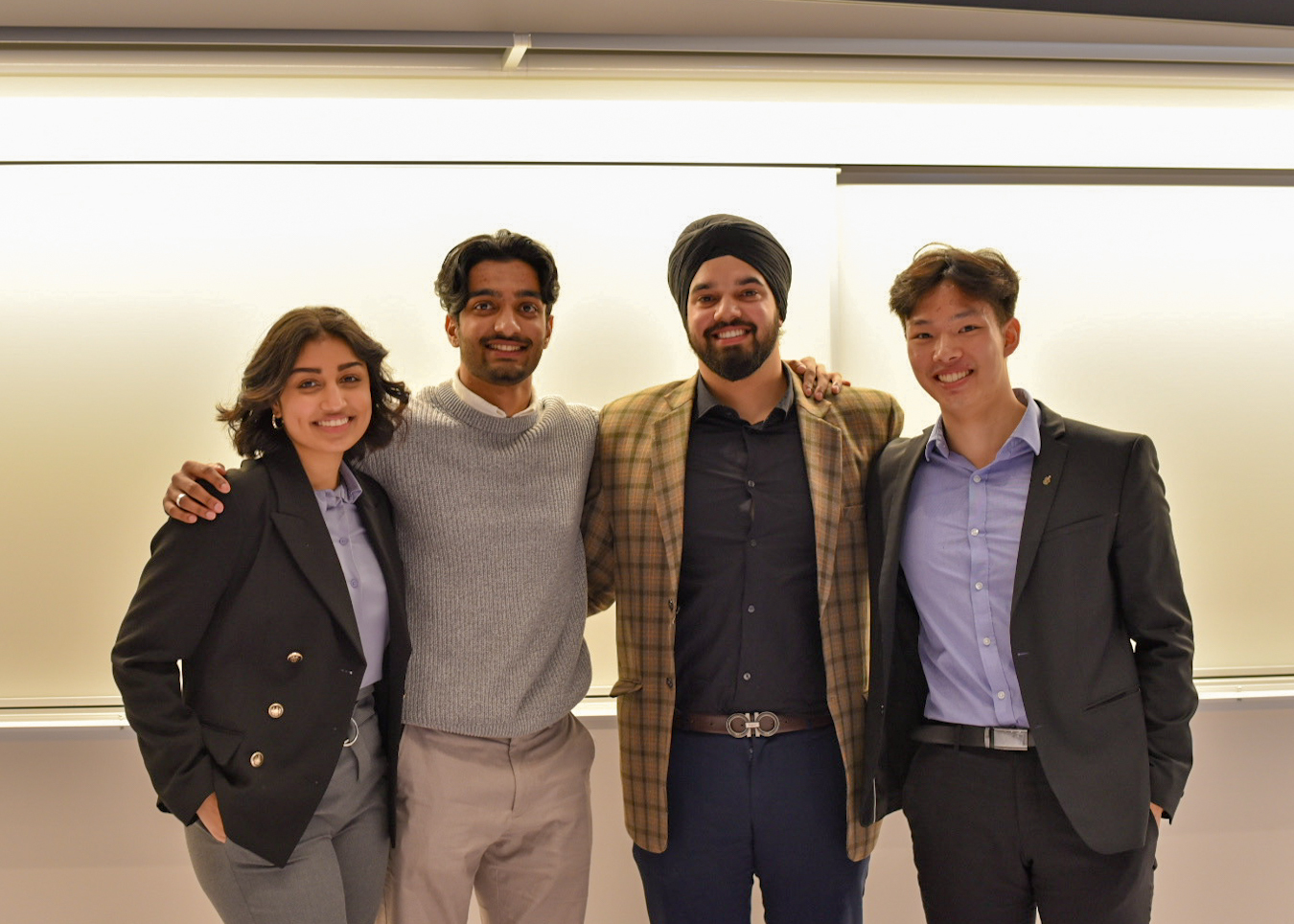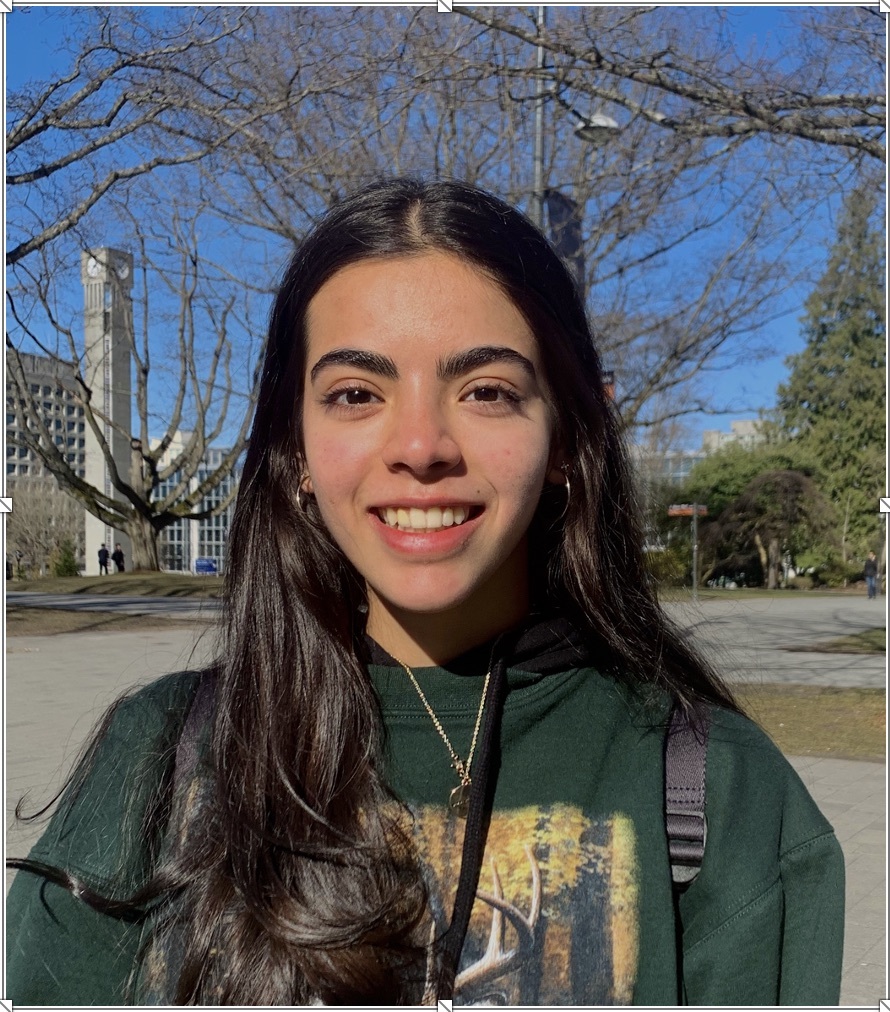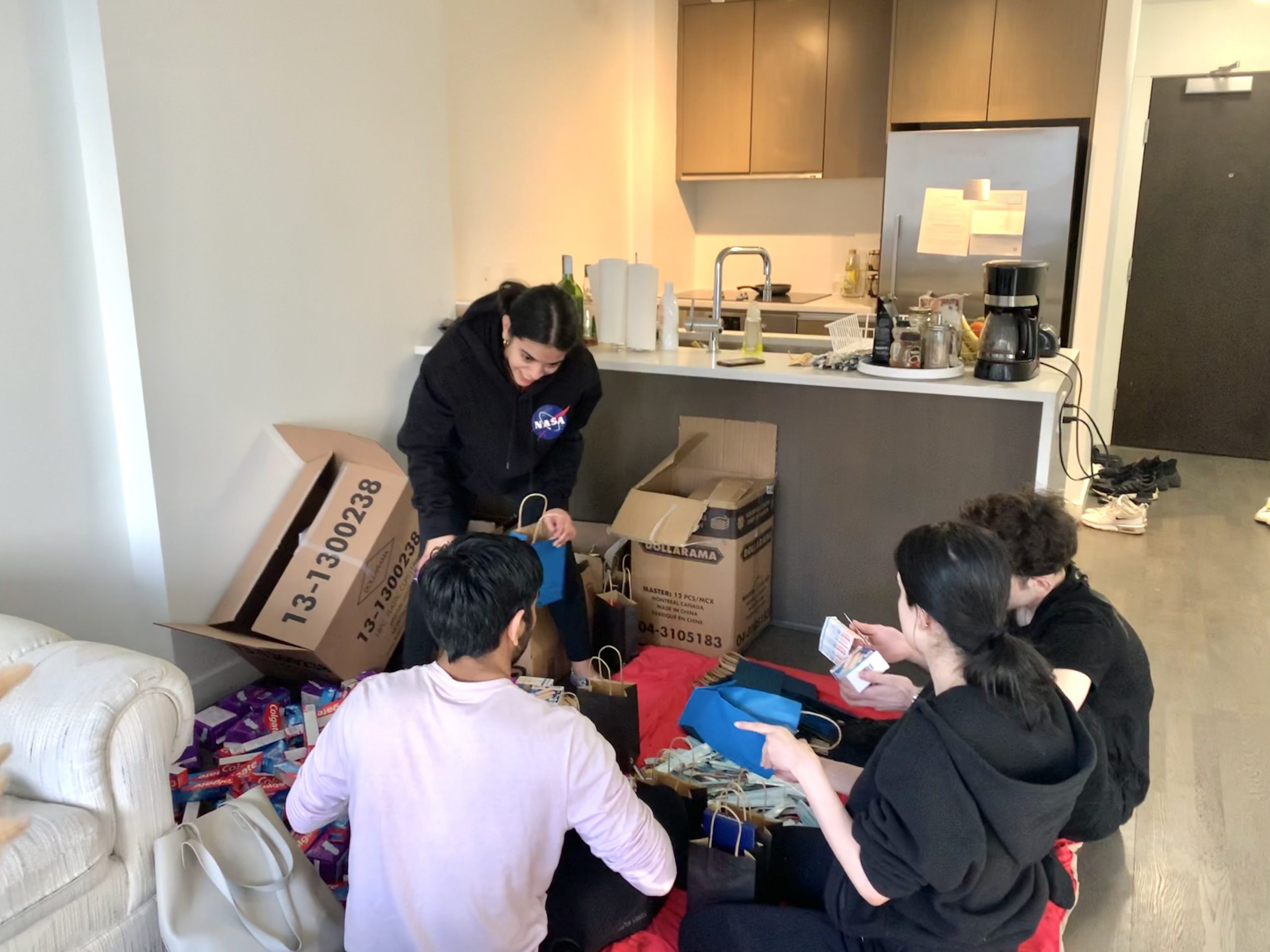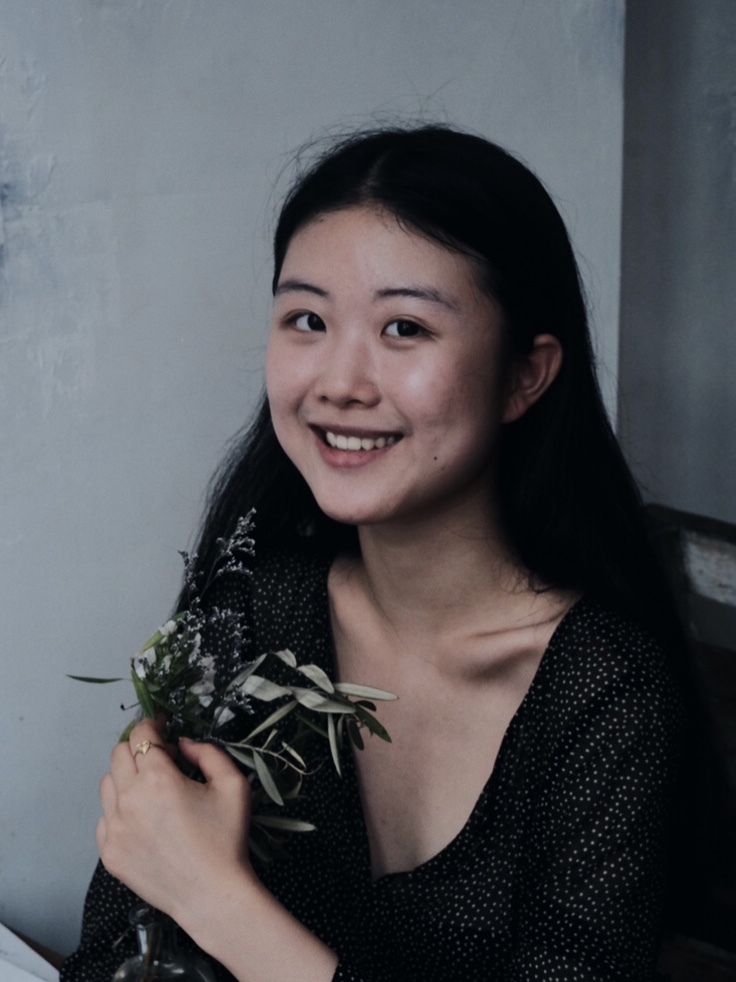Position Title
Varsity Events Assistant
Employer Name
Department of Athletics & Recreation, University of British Columbia
Work Term
August 15th, 2022 – April 15th, 2023
Remuneration
$3750/month
Job Summary
The Varsity Events Assistant supports the planning, organizing, and executing of varsity games and events on UBC’s Vancouver campus for the UBC Department of Athletics and Recreation.
The position is an integral member of the varsity team and works closely with the Manager, Varsity Events, Varsity Head Coaches and Administration Staff. The Varsity Events Assistant will receive training and hands-on experience working in a large-scale institution and department that engages student-athletes, alumni and community members from various backgrounds. The incumbent will gain exceptional experience in event management and sports administration while developing skills in the areas of leadership, communication, teamwork, administrative skills, critical thinking and problem-solving.
Work Performed
- Assists in the planning, organizing and executing of event logistics for varsity games and events
- Works collaboratively with members of the Manager, Varsity Events, the Varsity Leadership Team and coaching staff to ensure successful execution of all varsity events.
- Works with the Manager, Varsity Events and the Coordinator, Varsity Events to create and develop print and digital media collateral as required.
- Assists with ticket sales and reconciliation for varsity gated events.
- Supports communication with the varsity coaching staff as necessary to ensure cooperation and assistance in the professional execution of each varsity game.
- Assists in preparation for successful varsity events as required.
- Supports all pre, on-site and post-event activities in multiple locations by monitoring the operational activities at each venue, addressing concerns and resolving problems to ensure the success of each event.
- Assists Manager, Varsity Events and Coordinator, Varsity Events in preparation of larger events, including Festival Events and National Championships.
- Assists in supervising part-time student workers for hosted varsity events, specifically in the coordination of work schedules and technical operations (e.g. minor officials).
- Supports in providing proper training for minor officials, sport-specific as necessary.
- Ensures U SPORT and NAIA game management policies and procedures are strictly followed and enforced, including facilitation of the Game Tape Exchange protocol (video game capture, file conversion and uploading at the end of each game).
- Supports trophy maintenance and shipping on assigned varsity games.
- Contributes to post-event day reporting.
- Works as an on-venue liaison for visiting teams, and external stakeholders (i.e. security etc.).
- Attendance at varsity games/events required (includes evenings and weekends).
Organizational Status
This position is an integral member of the Varsity Events Unit. Within this Unit, they report to the Manager, Varsity Events and work collaboratively with the Coordinator, Varsity Events and the Operations Coordinator, War Memorial Gym.
Supervision Received
Reports to the Manager, Varsity Events.
Supervision Given
Assists in the supervision of 80 student staff.
Qualifications
Required/preferred qualifications and skills:
- Post-secondary degree, with a keen interest in sports administration, athletics & recreation or event management
- Experience in event management and/or sports environment preferred
- Strong leadership skills
- Proven organizational skills and attention to detail
- Demonstrated customer service proficiencies
- Enthusiastic, responsible, team player
- Excellent interpersonal and communication skills
- Strong Microsoft Office skills
- Excellent problem-solving skills
- Ability to work and lead in a professional manner
- Demonstrated ability to work independently and in a team environment
- Full Driver’s License an asset (BC Class 5 or equivalent)
- Knowledge of Canada West, U SPORT and NAIA procedures in relation to event management and hosting is an asset
How to Apply
Please submit a resume and cover letter to guest.services@ubc.ca.
Job Description PDF
Application Deadline
Sunday, June 26, 2022, at 11:59 pm PDT
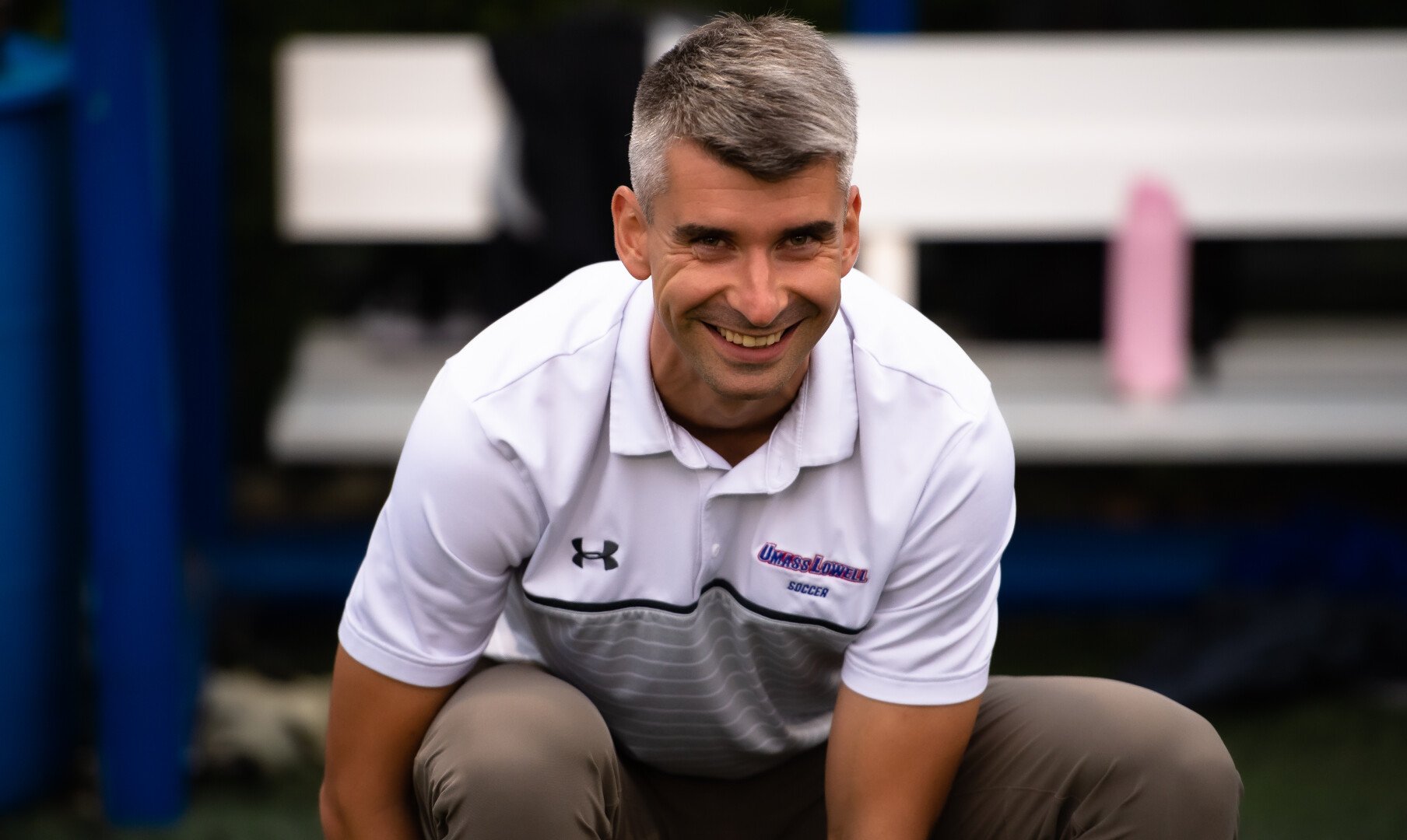 Mira Novak is a recent graduate of the High-Performance Coaching and Technical Leadership program (MHPCTL 2022). He is presently the head coach of the NCAA Division I women’s soccer team at the University of Massachusetts Lowell.
Mira Novak is a recent graduate of the High-Performance Coaching and Technical Leadership program (MHPCTL 2022). He is presently the head coach of the NCAA Division I women’s soccer team at the University of Massachusetts Lowell.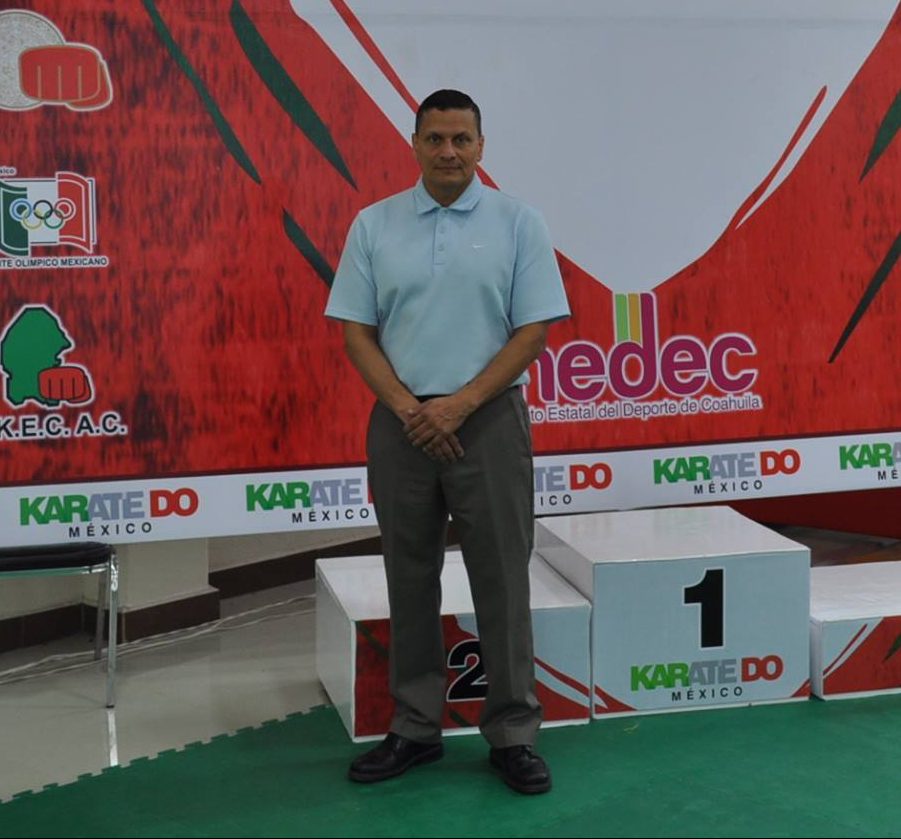 Angelo Mendoza is a graduate of the High-Performance Coaching and Technical Leadership program (MHPCTL 2019). He currently lives in Winnipeg, Manitoba, where he became the Provincial Head Coach for Karate Manitoba. In addition, Angelo is a High School teacher with over 21 years of experience. He has coached karate at both the provincial and national levels. Angelo started his karate journey at the age of 14. During this journey, Angelo has competed at the local and provincial level and earned his black belt 5th Degree. He has been exposed to many teaching and coaching styles that gave him the foundation to develop his own coaching style that proved to be very successful for his future students and athletes.
Angelo Mendoza is a graduate of the High-Performance Coaching and Technical Leadership program (MHPCTL 2019). He currently lives in Winnipeg, Manitoba, where he became the Provincial Head Coach for Karate Manitoba. In addition, Angelo is a High School teacher with over 21 years of experience. He has coached karate at both the provincial and national levels. Angelo started his karate journey at the age of 14. During this journey, Angelo has competed at the local and provincial level and earned his black belt 5th Degree. He has been exposed to many teaching and coaching styles that gave him the foundation to develop his own coaching style that proved to be very successful for his future students and athletes.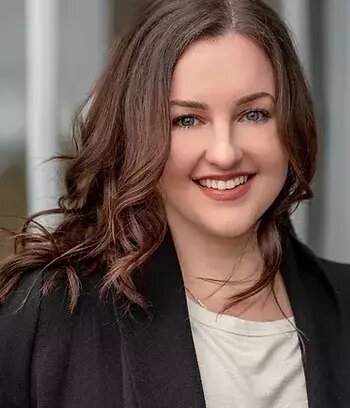 Christina Kouvousis (BKin 2017) is a Sport Development Coordinator at Water Polo West and coaches for the Provincial Training Centre and Team BC programs. She is a certified Competitive Coach and previously trained as a Learning Facilitator and Coach Evaluator to teach coaching courses.
Christina Kouvousis (BKin 2017) is a Sport Development Coordinator at Water Polo West and coaches for the Provincial Training Centre and Team BC programs. She is a certified Competitive Coach and previously trained as a Learning Facilitator and Coach Evaluator to teach coaching courses.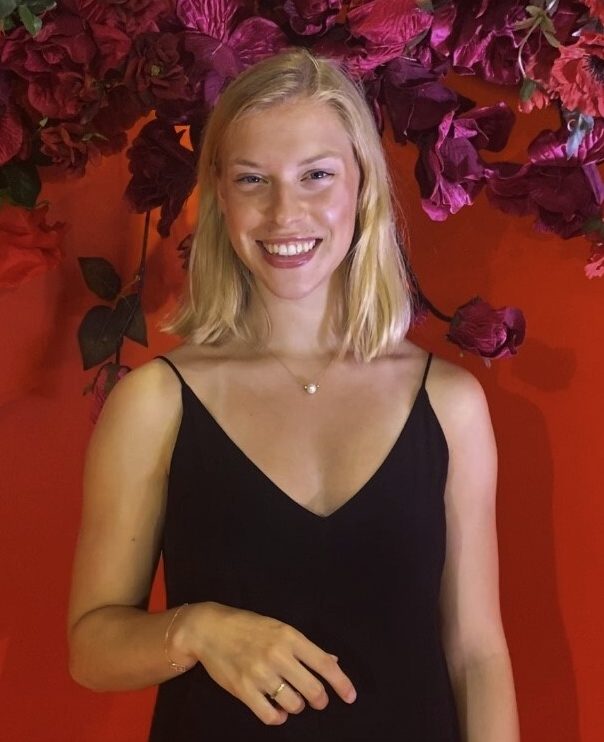 Chanelle McPhee, She/Her/Hers
Chanelle McPhee, She/Her/Hers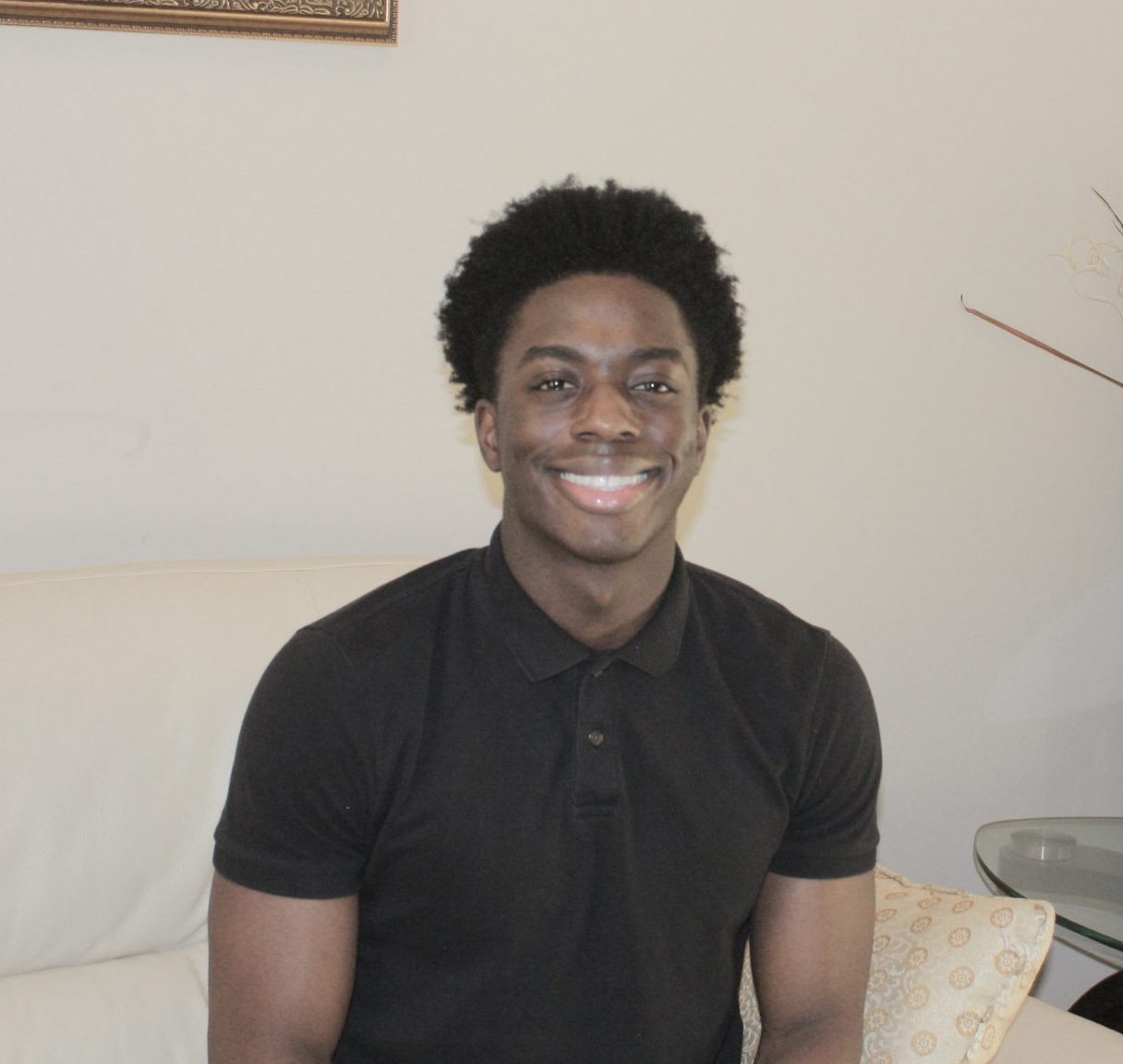 Jefferson Erome
Jefferson Erome